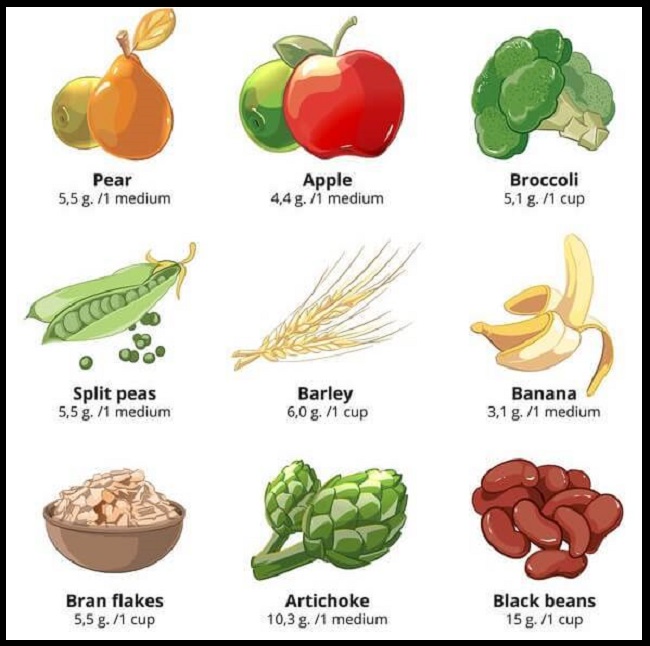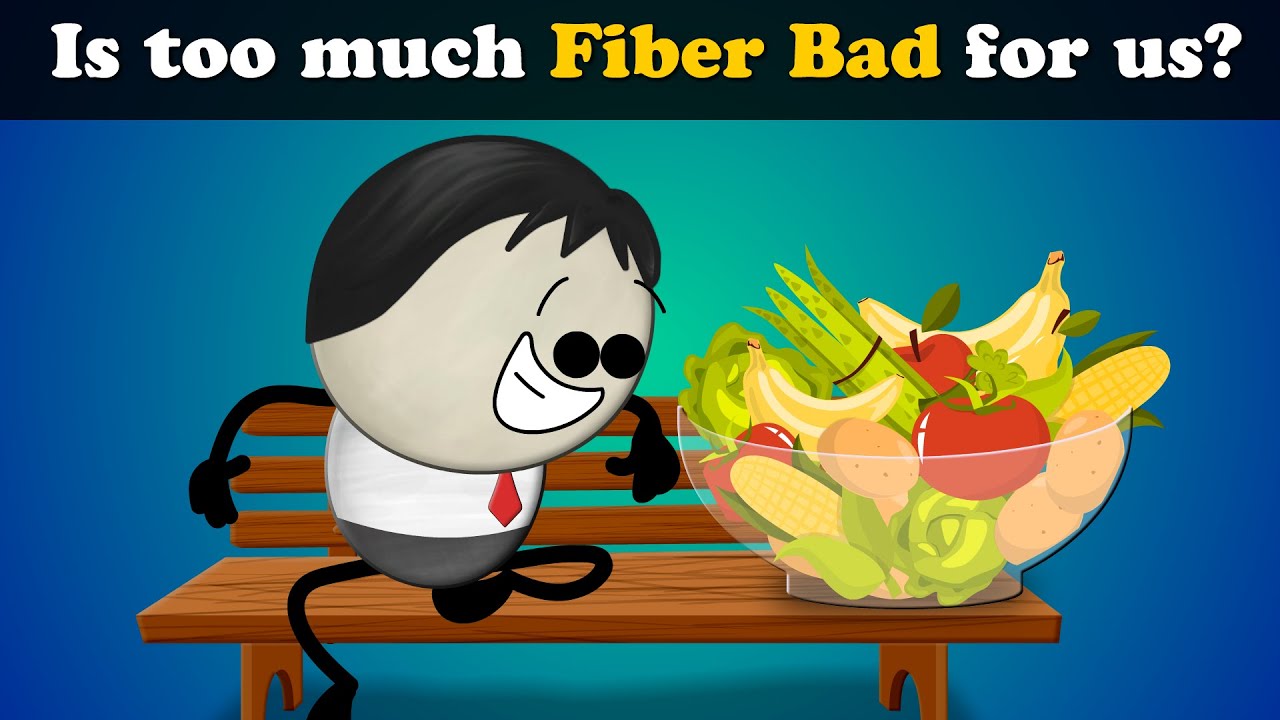Fiber can help you have more regular bowel movements. It increases the size of your stool and is a good way to keep it regular. There are two types of fiber: soluble and insoluble. Soluble fiber increases the bulk of stools. It can be found in fruits and vegetables and is very helpful in the treatment of constipation and irregular bowel movements. Soluble fiber does not absorb any water and passes through the body more slowly.

Fiber helps regulate bowel movements by adding bulk to the stool. It also stimulates the intestines, which is good for your digestive system. You should consume about 25 to 30 grams of fiber per day. It’s important to drink plenty of water, too, as the increased water content in the stool will help keep it regular. Some people can’t tolerate a large amount of fiber in their diets and can have gas pains when they first start taking it.
Insoluble fiber, on the other hand, can contribute to bloating. Both types of fiber have various benefits. The first is that insoluble fiber can lead to more frequent bowel movements, while soluble fiber can cause bloating. The second type of fiber is known as prebiotic, as it helps to build good bacteria in the large intestine. Insoluble fiber helps bulk up the stool, while insoluble fiber sweeps through the intestines.
Although there is a clear connection between fiber and regular bowel movements, there are several other factors that come into play. For example, the higher your intake of soluble fiber, the greater the amount of water in your system will be. However, increasing your fiber intake should be done gradually over a few weeks, and you should consult a doctor if you aren’t sure whether or not it will help you poop more often.
The other benefit of fiber is the increase in bulk. Studies have shown that a high-fiber diet can help reduce the risk of hemorrhoids and colorectal cancer. Increasing the amount of fiber in your diet is an effective way to reduce the chances of constipation. A high-fiber diet is also beneficial for the prevention of gastrointestinal diseases. It can also help improve your digestion. If you have a high-fiber diet, you’ll likely have fewer problems with colorectal cancer and diverticular disease.
Fiber is not only good for your digestion. It can even help prevent constipation. It can help improve your mood and lower your blood pressure. In addition, it promotes healthy bowel movements by increasing the number of bacteria in the stool and stimulating the growth of colonic flora. Moreover, fiber has been found to help poop faster and easier. So, it can make a big difference if you’re prone to constipation.
There are different kinds of fiber. Soluble fiber absorbs water. Insoluble fiber absorbs more water and is not digested. Insoluble fiber does not absorb water. Insoluble fiber attracts more water and causes constipation. It’s important to drink plenty of fluid during the day to prevent constipation. In addition to dietary fiber, other types of dietary fiber increase the bulk of your stool. These are insoluble and reusable and can be found in fruits, cereals, vegetables, and whole grains.
Besides being a great source of fiber, it also helps keep your body functioning properly. It promotes wave-like contractions in your intestine, reducing the risk of constipation and gas. In addition to its anti-diabetic effect, fiber can also prevent certain cancers. For the best bowel movement, aim to eat a diet rich in fiber. A high-fiber diet is beneficial for both your health and your weight.
The dietary fiber you eat is what makes your stools regular and smooth. It also helps control your cholesterol and glucose levels. Soluble fiber is a great way to avoid constipation and improve the function of your digestive system. Soluble fiber is a natural substance found in many foods. Insoluble fiber is the kind that doesn’t dissolve in water. Insoluble fibers are not digested by your body. Soluble fiber, on the other hand, is broken down by the bacteria in your large intestine.



